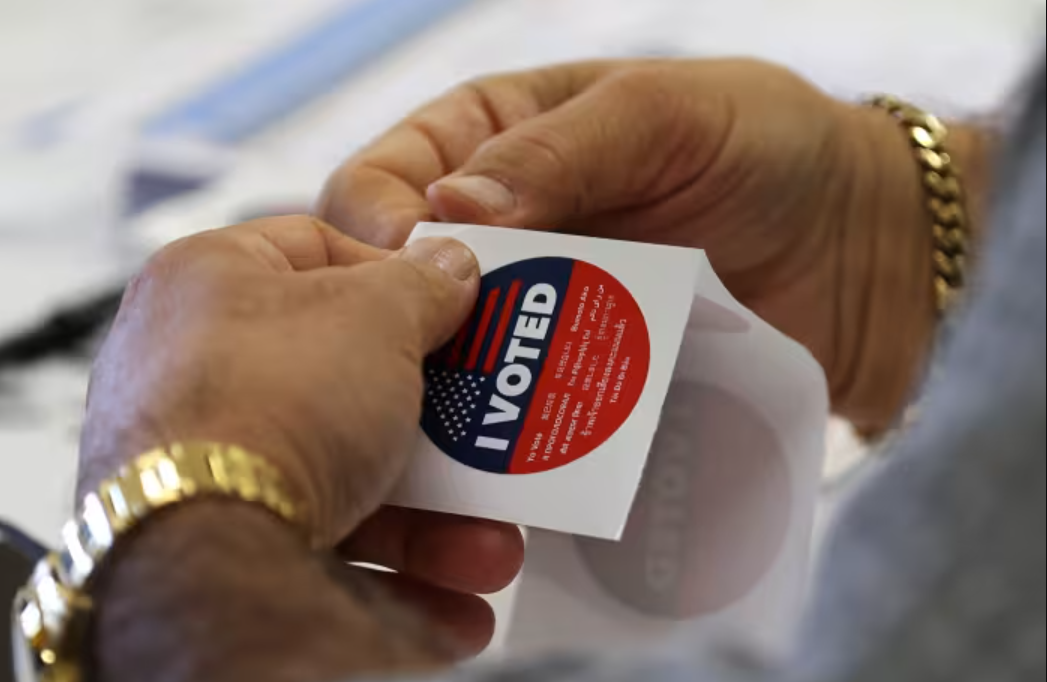
By Elizabeth O’Brien
June 28, 2024
Retirement savers are clinging to cash, and some might double down on their position as election fears intensify.
Anxiety is ratcheting up as President Joe Biden and former President Donald Trump faced off at Thursday night’s presidential debate. More than half of investors, or 57%, are anxious about the coming election, according to a recent survey from Betterment; roughly 40% expect to either move or pull investments from the market based on the outcome. A separate survey from investment firm Schroders found that 88% of retirement plan participants fret about the election’s impact on their retirement savings, and of them, nearly one third planned to make their portfolios more conservative.

Investors will come out ahead by ignoring the coming election and focusing on good long-term investment approaches. (JUSTIN SULLIVAN/GETTY IMAGES)
It’s understandable to be concerned about a contentious election and its impact on your portfolio. But research has shown that presidential elections have a minimal impact on the markets. Since 1926, on average stocks have risen 11.6% during presidential election years, slightly better than the market’s average 10.3% return in all years, according to BlackRock.
While the market might experience some short-term volatility, stocks tend to rise over the long term no matter which party is in office. “The bottom line is investing based on political beliefs has historically led to underperformance compared with staying focused on the long term—and staying invested,” according to BlackRock.
Election aside, many retirement savers already hold cash in their retirement accounts. In the Schroders survey, respondents who participate in a workplace retirement plan reported that 28% of their total retirement savings is allocated to cash. The primary reason cited for holding cash was safety, or fear of losing money if the market falls.
Too much cash can act as a drag on your investments and prevent you from accumulating enough to keep pace with inflation and adequately fund your retirement. “Allocating too much of your portfolio to cash can result in missing out on the benefits of compounded market gains, leading to a significant opportunity cost and making it harder to close the retirement savings gap over time,” says Deb Boyden, Head of US Defined Contribution, Schroders.
Financial experts generally recommend that young workers hold around 90% in stock in their retirement accounts, with the rest in bonds and cash. While the recommended equity allocation gradually declines with age, even at retirement many advisors recommend a stock allocation of at least 50% to 60%.
Write to Elizabeth O’Brien at elizabeth.obrien@barrons.com
This Barron's article was legally licensed by AdvisorStream.
Dow Jones & Company, Inc.



